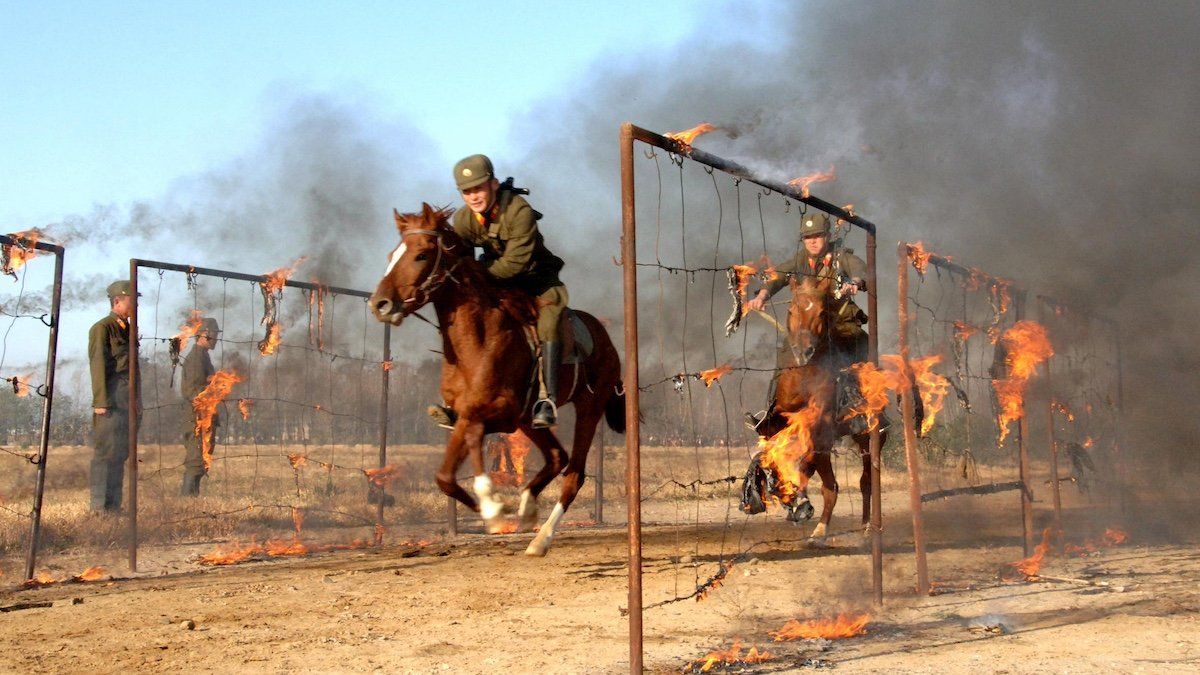Ukraine urges allies to lift arms restrictions as North Korean threat grows
North Korean state media indicated that Foreign Minister Choe Son Hui was in Moscow on Tuesday, the same day that the Pentagon more than tripled its estimate of the number of North Korean soldiers currently training in Russia to 10,000. The purpose of Choe’s visit was not publicized, but setting up a visit to Russia by Supreme Leader Kim Jong Un in the coming weeks is highly likely, according to Eurasia Group expert Jeremy Chan.
Chan also pointed out that Pyongyang is reportedly sending troops that report directly to Kim. “These are the equivalent of special forces — basically the best soldiers that Kim keeps in his inner circle. They're the best trained, the best fed, the best equipped, and they're like infantry too,” says Chan. “The fact that Kim has tapped these guys to go to Ukraine indicates that they are not cannon fodder, despite what you're hearing.”
What will Ukraine’s allies do? Not enough, according to Ukraine’s Foreign Minister Andrii Sybiha, who urged allies to lift restrictions on Western arms and allow strikes deep into Russia. The US Department of Defense did not grant his wish but said it would not impose additional restrictions due to the presence of North Koreans — small comfort for the troops girding up to fight them.
South Korean President Yoon Suk Yeol said he “won’t sit idle” as North Korea aids in the invasion of Ukraine and raised the possibility of arming Kyiv directly. South Korea has a long-standing policy against arming countries amid conflict, but Yoon — who is not seeking reelection — said Pyongyang’s provocations could force him to “review our stance more flexibly.” For now, Yoon is focused on expanding deals with Poland that allow Warsaw to then send materiel to Ukraine.
What is North Korea getting? Beyond the Kim visit, help with tech like spy satellites and nuclear submarines is another possible perk. We’re watching for signs of another launch (they tried and failed in May) and details of a state trip.
